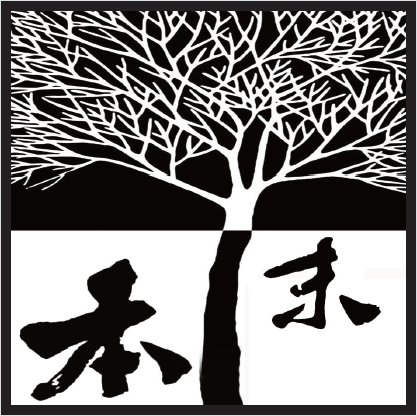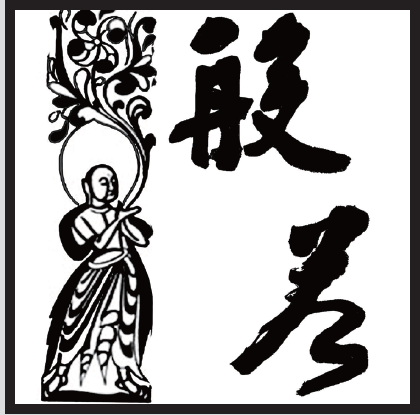引例 Citations:
本末

/běnmò/
The Fundamental and the Incidental
本义指草木的根和梢,引申而为中国哲学的重要概念。其含义可以概括为三个方面:其一,指具有不同价值和重要性的事物,根本的、主要的事物为“本”,非根本的、次要的事物为“末”;其二,世界的本体或本原为“本”,具体的事物或现象为“末”;其三,在道家的政治哲学中,无为之治下的自然状态为“本”,各种具体的道德、纲常为“末”。在“本末”对待的关系中,“本”具有根本性、主导性的作用和意义,“末”由“本”而生,依赖“本”而存在,但“本”的作用的发挥仍需以“末”为载体。二者既相互区别,又相互依赖。
The two characters translate directly as two different parts of a plant: namely, the root-system and foliage. The extended meaning is an important concept in Chinese philosophical discourse. The term can be understood in three different ways: 1) ben (本) refers to what is fundamental or essential, while mo (末) means what is minor or incidental – two qualities that differ in value and importance. 2) Ben refers to the existence of the world in an ontological sense, while mo represents any specific thing or phenomenon. 3) In Daoist political philosophy ben is a state in which rule is exercised by not disrupting the natural order of the world, while mo refers to moral standards and fundamental principles governing social behavior. In any ben-mo relationship, ben is most important and plays a dominant role, while mo exists thanks to ben. On the other hand, it is only through the vehicle of mo that ben exerts its influence. Thus the two, though different, are mutually dependent.
引例 Citations:
◎子夏之门人小子,当洒扫应对进退,则可矣,抑末也。本之则无,如之何?(《论语·子张》)
(子夏的学生,叫他们做打扫、接待、应对的工作,那是可以的,不过这只是末节罢了。而那些最根本性的学问却没有学习,这怎么行呢?)
Zixia’s students can clean, receive guests, and engage in social interaction, but these are trivial things. They have not learned the fundamentals. How can this be sufficient? (The Analects)
◎崇本以举其末。(王弼《老子注》) (崇尚自然无为之本以统括道德礼法之末。)
One should respect, not interfere with, the natural order of the world, and apply this principle when establishing moral standards, social norms, and laws and regulations. (Wang Bi: Commentaries on Laozi)
般若

/bōrě/
Buddhist Wisdom
梵文prajñā的音译(或译为“波若”)。意为“智慧”,指能洞见一切事物本性、认识万物真相的最高的智慧。佛教认为,“般若”是超越一切世俗认识的特殊智慧,是觉悟得道、修成佛或菩萨的所有修行方法的指南或根本。然而,这种智慧本身无形无相,不可言说,仅能依赖各种方便法门而有所领悟。
The term is the transliteration of the Sanskrit word prajñā, meaning wisdom. It refers to the supreme wisdom with insight into the nature and reality of all things. Buddhism teaches that such wisdom surpasses all secular understanding, and therefore is the guide for achieving enlightenment or the essence of the effort aimed at reaching Nirvana and attaining Buddhahood or bodhisattvahood. This wisdom has no form, no appearance, and cannot be expressed in words. It can only be achieved by undertaking a variety of accessible Buddhist practices.
引例 Citations:
◎般若无所知,无所见。(僧肇《肇论》引《道行般若经》) (般若这种智慧不是普通的知识,它超越一切具体的见闻。)
Prajñã is the wisdom that surpasses all common or ordinary knowledge and specific understandings. (Sengzhao: Treatises of Sengzhao)
Selected from Key Concepts in Chinese Thought and Culture published by Foreign Language Teaching and Research Press.